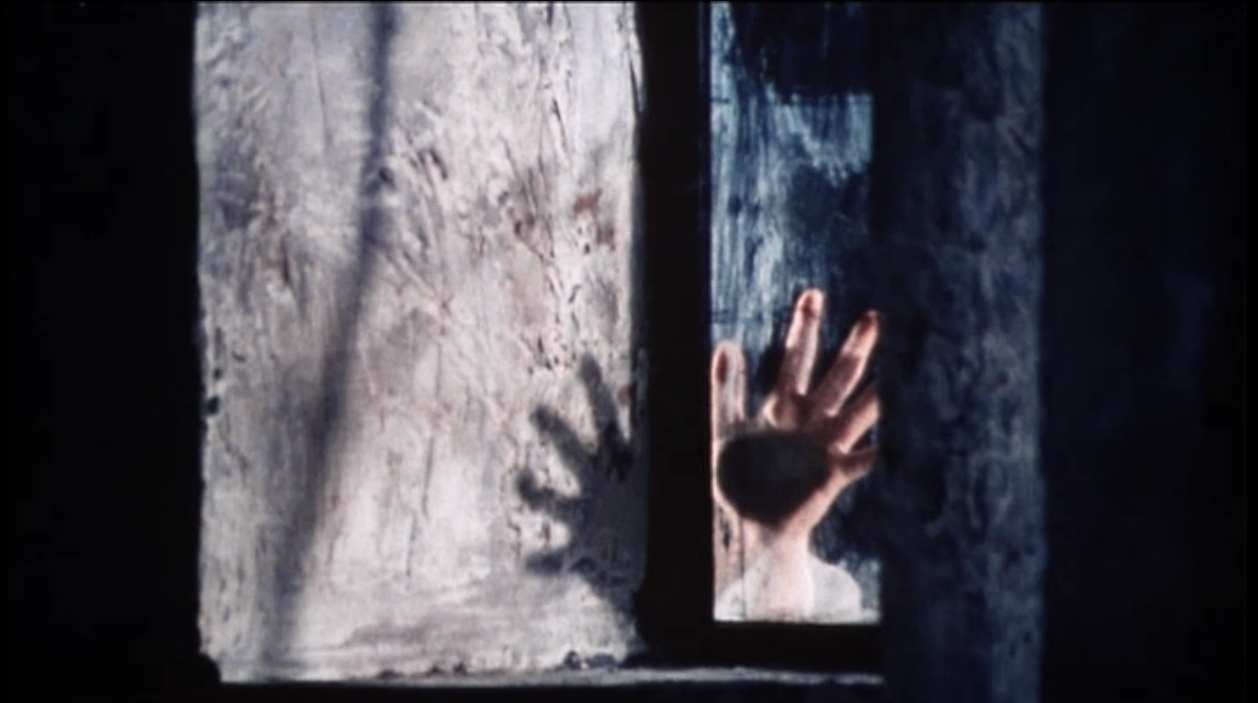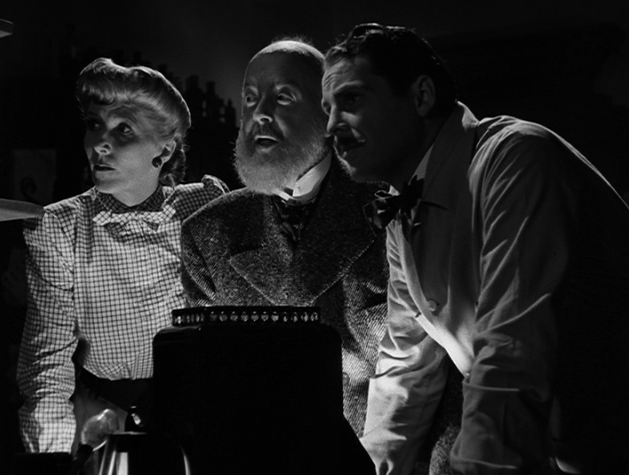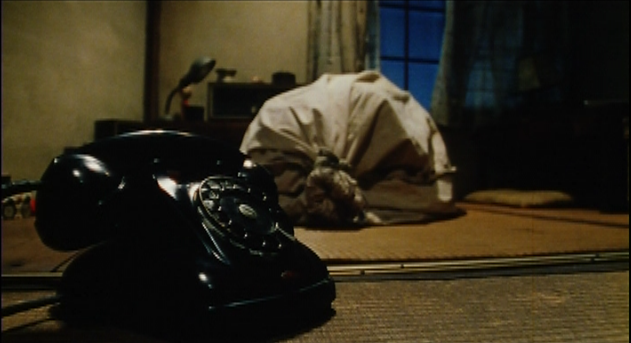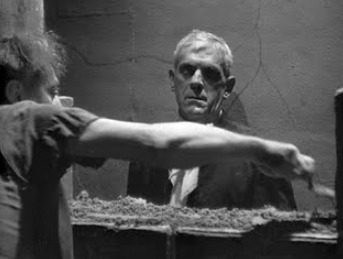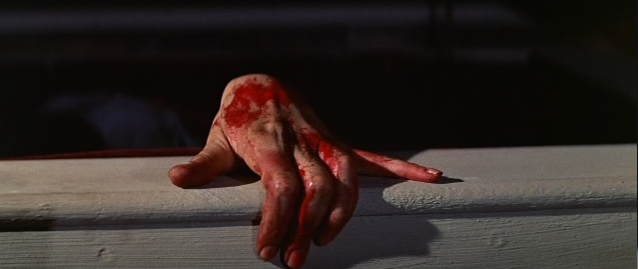HALLOWEEN SURPRISE: OUIJA IS SCARY FUN
The mysterious suicide of a teenage girl in a sort-of old-ish
dark house encourages her freshly scrubbed, CW-ready friends to attempt contacting
her the Parker Brothers way, spelling out mysterious messages and revealing a
horrible family history that insists on reaching back from the grave, all of
which, of course, sets them up as potential victims themselves. Ouija happily avoids the opportunity to snark
up either the dialogue—these kids aren’t wise-asses constantly one-upping each
other or the audience-- or its own relatively patient, often creepily inventive
camerawork, which pays off with some delightful chills. (Watch out for the flashlight
in the basement whose insistent, intermittent illumination sets the stage for
one of the year’s biggest frights.)
And it has a solid center around which to build all the
supernatural activity in young Olivia Cooke (Bates Motel, The Signal, The Quiet Ones) as the dead girl’s bestie.
Cooke looks like a fetching cross between Rose Byrne and Christina Ricci and
transmits strength and fearful regret with a measure of force that will be the envy
of every casting director looking to populate other modest horror movies doomed
to fall short of the fun this one generates.
Ouija leans more on
the craft of building tension than spinning elaborate, ever gorier set pieces,
and it’s all the better for it. But the most fun to be had might just be in
realizing that Hasbro (which bought Parker Brothers in 1991 and has continued
the profitable business of selling Ouija boards since) and writer-director
Stiles White have built a happy Halloween contraption around the idea that all
those hand-wringing Christian youth group leaders were right all along about
the Ouija’s potential as a portal to another, much darker dimension. Were you the
one moving that planchette? It wasn’t me! Stop it, you guys! This isn’t funny!
Aaaaaaaggggghhhhh!






















